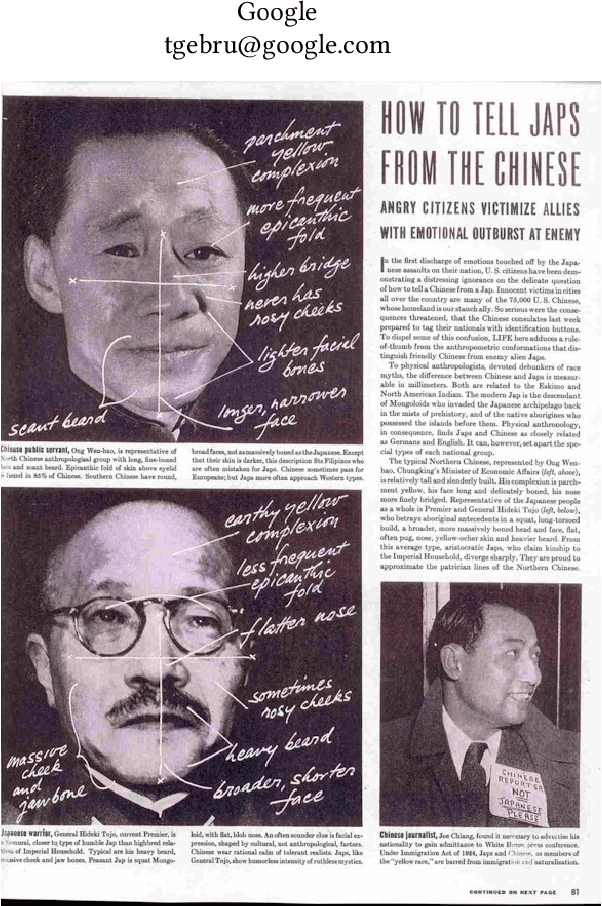Eun Seo Jo
Lessons from Archives: Strategies for Collecting Sociocultural Data in Machine Learning
Dec 22, 2019



Abstract:A growing body of work shows that many problems in fairness, accountability, transparency, and ethics in machine learning systems are rooted in decisions surrounding the data collection and annotation process. In spite of its fundamental nature however, data collection remains an overlooked part of the machine learning (ML) pipeline. In this paper, we argue that a new specialization should be formed within ML that is focused on methodologies for data collection and annotation: efforts that require institutional frameworks and procedures. Specifically for sociocultural data, parallels can be drawn from archives and libraries. Archives are the longest standing communal effort to gather human information and archive scholars have already developed the language and procedures to address and discuss many challenges pertaining to data collection such as consent, power, inclusivity, transparency, and ethics & privacy. We discuss these five key approaches in document collection practices in archives that can inform data collection in sociocultural ML. By showing data collection practices from another field, we encourage ML research to be more cognizant and systematic in data collection and draw from interdisciplinary expertise.
 Add to Chrome
Add to Chrome Add to Firefox
Add to Firefox Add to Edge
Add to Edge